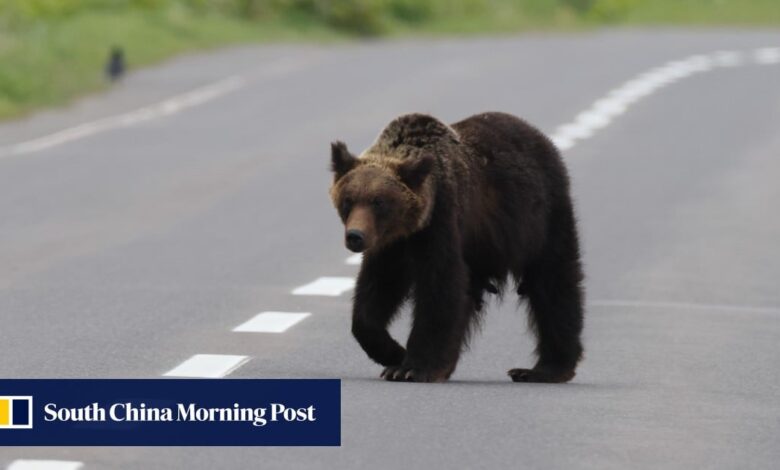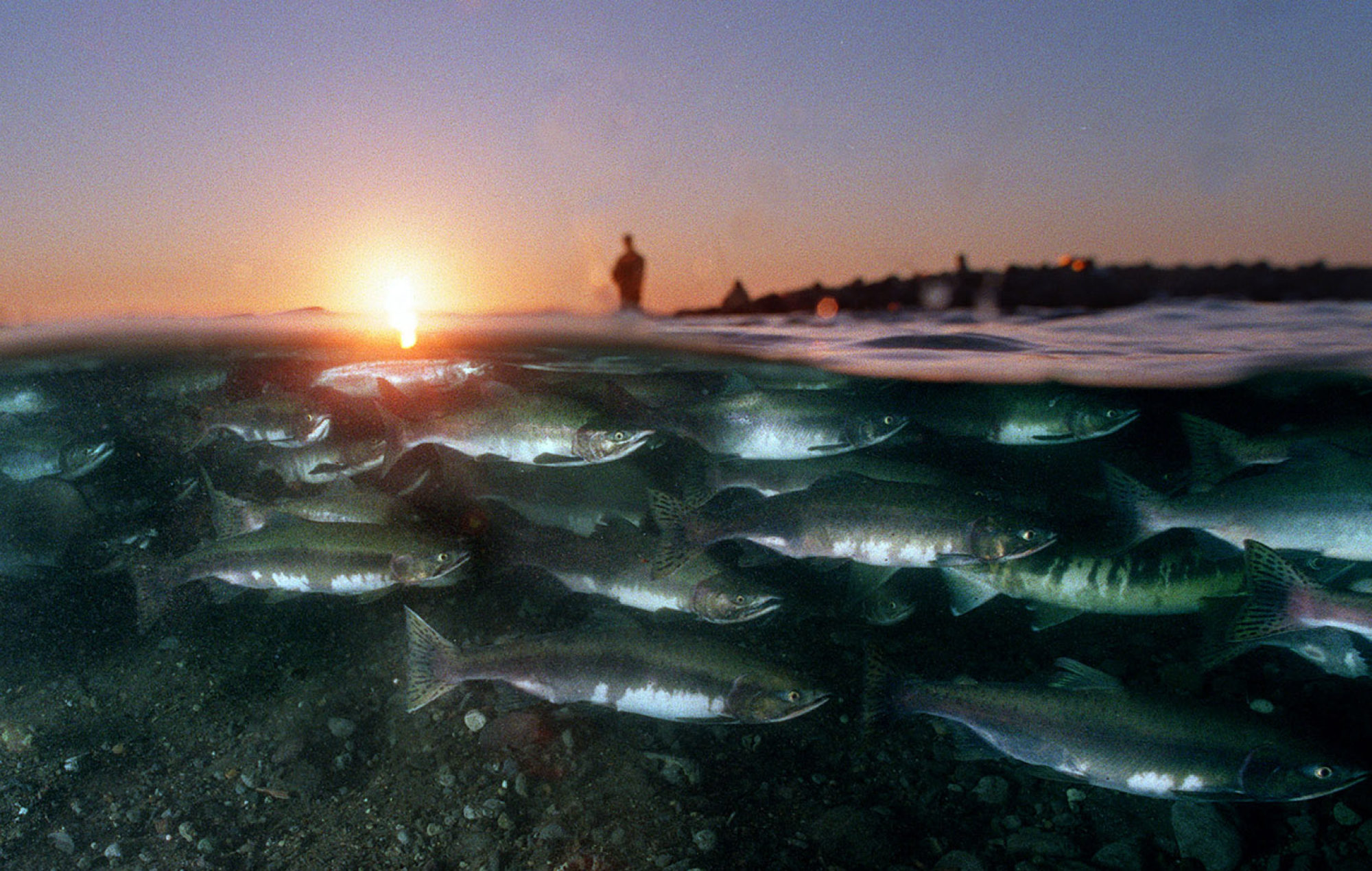Japan’s Hokkaido fears attacks from ‘starving’ bears as warm waters delay arrival of salmon

[ad_1]
There are as many as 500 brown bears on the 1,230 sq km Shiretoko Peninsula, but local authorities and tour operators have reported seeing an unusual number of thin bears at a time of the year when they need to gain weight to survive next winter.
Local farmers also report seeing more bears in their fields, and there are concerns that the animals will soon start to venture into urban areas in search of food and will inevitably encounter local residents.
There have not been enough acorns and seeds that bears tend to eat in the autumn months and now the salmon have not returned
“This year, the bears have not been able to find sufficient food,” said Daisuke Imura, an official of the Ministry of the Environment based at the Shiretoko World Heritage Centre in the town of Utoro.
“There have not been enough acorns and seeds that the bears tend to eat in the autumn months and now the salmon have not returned,” he said.
Bears typically prowl the mouths of Shiretoko’s rivers and feast on the fish between mid-August and early October. However, this year due to a lack of sustenance, there are reports of bears swimming out to sea in search of fish and others feeding on kelp that has washed up on beaches.

Imura said the brown bear population was hit hard in 2015 because of a poor acorn crop, but he said this year the situation was likely to be worse because of the shortage of fish.
“We saw many carcasses that year,” he said.
“We have not seen that yet because it is too early, but we are seeing bears that are clearly starving.”
As many as 80 per cent of cubs born this year have already died, according to Masami Yamanaka, a researcher at the Shiretoko Nature Foundation, who was quoted by the Asahi newspaper.
[ad_2]
Source link

